
The statement appeared as a takeaway from Blockworks’ “Bretton Woods: The Realignment” conference that gathered economists, macro analysts and investors to discuss Bitcoin.
Bitcoin (BTC) is replacing gold even as United States’ regulators attempt to disrupt its advance, said Mike McGlone of Bloomberg Intelligence on Monday.
The senior commodity market strategist credited the “digitization of money and finance” behind the Bitcoin market’s superior growth against gold, noting that the same factors helped the U.S. dollar gain dominance “rapidly and organically” over the precious metal.

McGlone’s comments appeared as takeaways from a recent three-day conference at New Hampshire’s Bretton Woods hotel, which was attended by economists, macro analysts and investors, including Fidelity Investment’s Jurrien Timmer and Morgan Stanley’s Amy Oldenburg, among others.
Bretton Woods is popular among economists for hosting the United Nations Monetary and Financial Conference in 1944, which later led to the obligation that the United States, Canada, Western European countries, Australia and Japan would tie their currencies to gold.
As a result, the new monetary establishment earned itself the title of “Bretton Woods system.”
But on Aug. 15, 1971, U.S. President Richard Nixon took the dollar off the gold standard. Many economists hailed the move, calling upon John Maynard Keynes’ benchmark opinion that the gold standard was “a barbarous relic.”
The latest “Bretton Woods: The Realignment” conference served as a metaphorical homage to the end of the Bretton Woods system while focusing on emerging financial assets like Bitcoin that threaten to displace the “dollar hegemony” to become the next global reserve asset.
In doing so, Bitcoin has directly challenged gold’s position as a traditional competitor to the greenback, which, as McGlone stated, is already happening.
#Digitalization of money and finance is happening rapidly and organically, the #dollar is gaining dominance, #Bitcoin is replacing gold and U.S. regulation is unlikely to disrupt its advance -- these are our key takeaways from the #BrettonWoods: The Realignment conference. pic.twitter.com/Oy11l68Oqs
— Mike McGlone (@mikemcglone11) August 16, 2021
Five decades of dollar dominance
Princeton University economic historian Harold James argued in his July 2021 article that “digital technologies are driving a new monetary revolution that could end the greenback’s global primacy altogether,” hinting at the role of crypto assets such as Bitcoin and Ether (ETH) could play in reshaping the global economy.
The statements appeared despite the dollar’s ability to survive the worst of global economic conditions in the past five decades and emerge as the world’s reserve asset.
In detail, the so-called Nixon Shock in 1971 led to double-digital inflation in the U.S., prompting the dollar to fall by more than 50% against the Japanese yen and the German Deutsch mark. But neither currency could replace the greenback in the race to global fiat hegemony.

The dollar posted strong recovery rallies in the first half of the 1980s. It posted similar upside moves in the second half of the 1990s — during the dot-com boom and bust. The greenback also walked unharmed through the 2008 financial crisis and COVID-19-led economic distress.
Dollar shock ahead?
But why did the dollar survive? Bloomberg opinion columnist Niall Ferguson provided three reasons in his latest report.
First, the greenback received backing from the Federal Reserve's higher interest rate policies to reset expectations.

Second, liberalized capital markets, led by a boom in eurodollar and petrodollar markets, boosted the dollar’s international utility, prompting foreign central banks to use it to execute international trades.
And third, the U.S. government’s power to impose financial sanctions on countries it deemed unruly to the White House’s policies — especially in the wake of the World Trade Center attacks on Sept. 11, 2001 — made the dollar a financial weapon.
But James noted that the dollar has met unprecedented economic conditions following the COVID-19 crisis. The past 18 months have seen the U.S. deficit climb to 13.4% of the gross domestic product, the second-largest since the end of World War 2.

It expects to grow higher after the $1-trillion infrastructure bill that the Senate just passed. The Congressional Budget Office reported that the stimulus would expand the budget deficit by another $256 billion within the next decade.
Meanwhile, another package worth $3.5 trillion, which focuses on anti-poverty and climate, is expected to have been enacted by the end of this year. As a result, James noted that rising deficits had reduced the dollar’s upside prospects in global markets. He wrote:
“Some dangers are already visible in the Treasury market, where there have been liquidity strains (in 2020) and a weakening of foreign demand [...] New money, therefore, may be ending the long period of dollar hegemony.”
Bitcoin battles gold as an alternative to the dollar
The Federal Reserve’s loose monetary policies have resulted in supersonic price rallies in the Bitcoin market, insomuch that the strong moves upside have beaten gold, a traditional hedging asset.

Pomp Investments partner Anthony Pompliano, a long-time advocate of Bitcoin, said in a note to clients that if one holds their wealth in dollars, bonds or gold, their investments will yield “negative real rates of return.”
“You essentially are left with bitcoin or equities, which leads you to consider an allocation to bitcoin given the high degree of volatility that will likely serve to outperform equities over a long enough time period.”
Pompliano’s statements appeared despite potential regulatory challenges for emerging digital assets, as McGlone pointed out in his Monday tweet. The crypto industry has faced a wave of attacks from Treasury Secretary Janet Yellen, Senator Elizabeth Warren and Gary Gensler, chairman of the Securities and Exchange Commission.
Related: What the SEC can learn from the German regulator
But McGlone noted that the hard regulations would be unable to disrupt Bitcoin’s advance against gold. Additionally, Liam Bussell, head of corporate communications at crypto trading service Banxa, noted that U.S. regulators do not wish to stop Bitcoin — they want to protect U.S. investors from fraud.
“Illegal schemes resulted in about 82,135 cryptocurrency frauds cases in 2020 alone,” Bussell said, adding:
“The US regulators that conceivably touch digital assets (CFTC, SEC and FINRA) are open to the diversification of instruments, as long as those instruments are fair and operate in a transparent manner.”
The views and opinions expressed here are solely those of the author and do not necessarily reflect the views of Cointelegraph.com. Every investment and trading move involves risk, you should conduct your own research when making a decision.

You can get bonuses upto $100 FREE BONUS when you:
💰 Install these recommended apps:
💲 SocialGood - 100% Crypto Back on Everyday Shopping
💲 xPortal - The DeFi For The Next Billion
💲 CryptoTab Browser - Lightweight, fast, and ready to mine!
💰 Register on these recommended exchanges:
🟡 Binance🟡 Bitfinex🟡 Bitmart🟡 Bittrex🟡 Bitget
🟡 CoinEx🟡 Crypto.com🟡 Gate.io🟡 Huobi🟡 Kucoin.


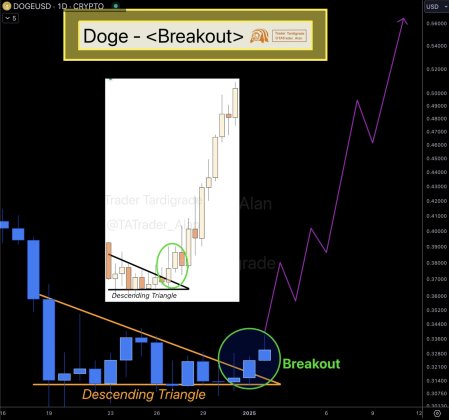






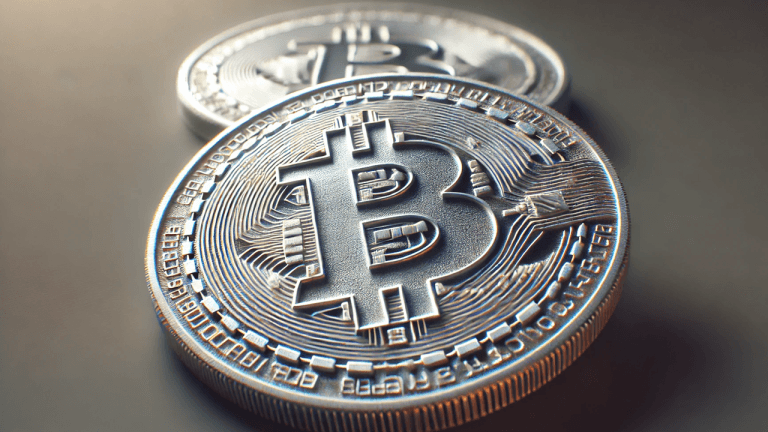



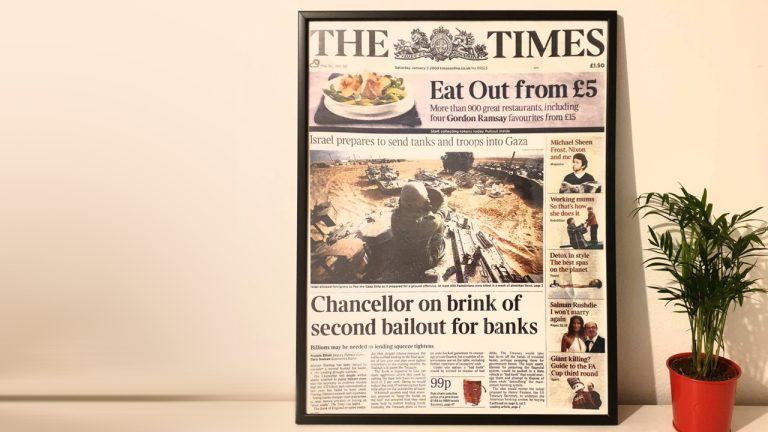
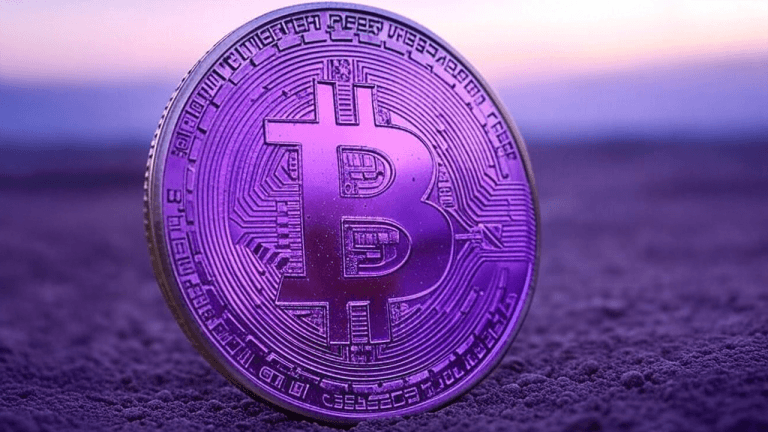
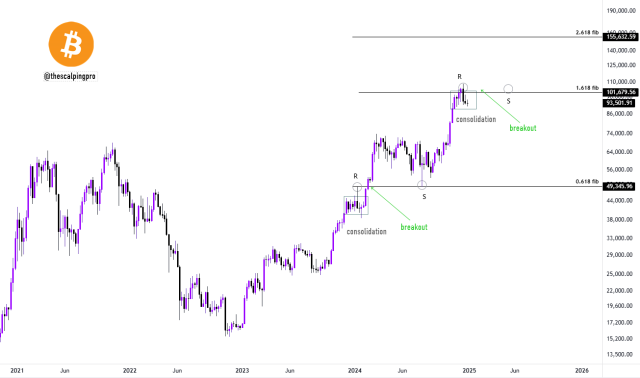


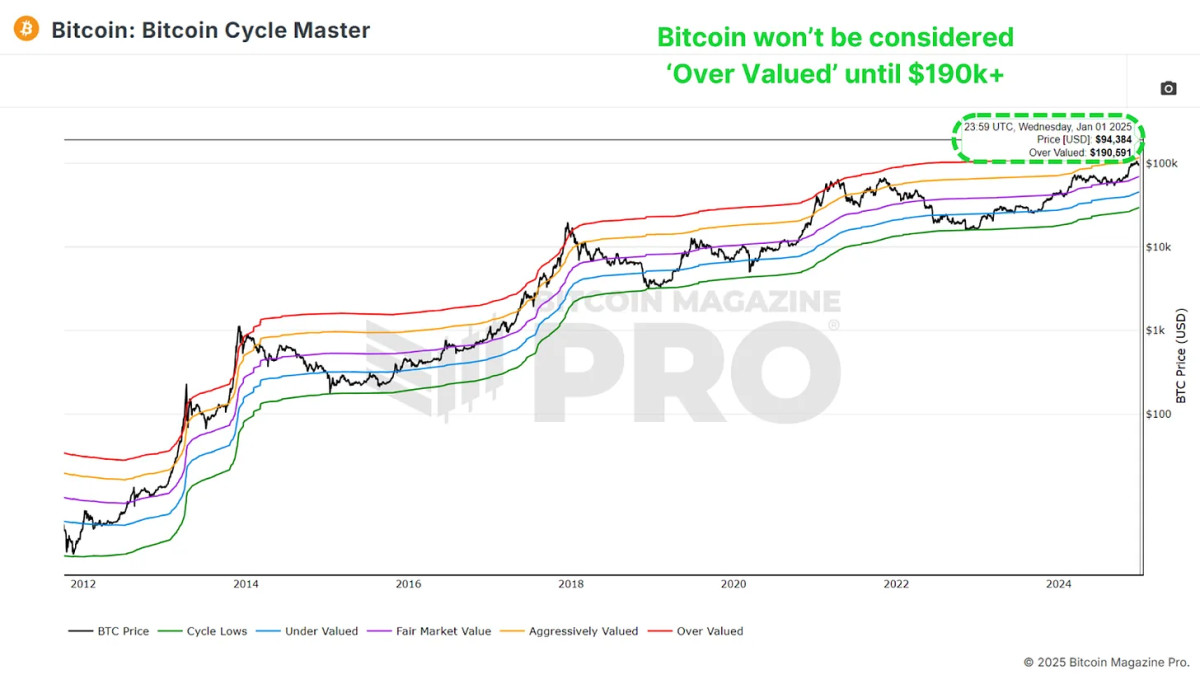
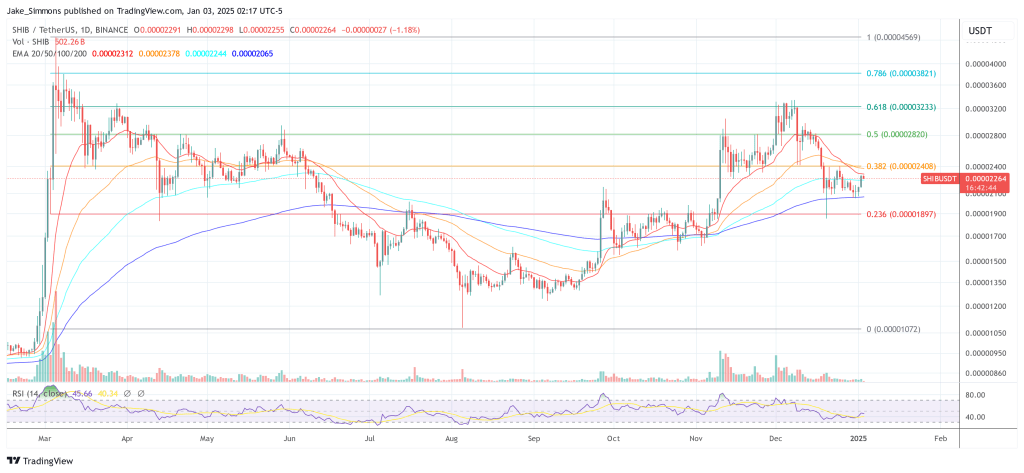
Comments